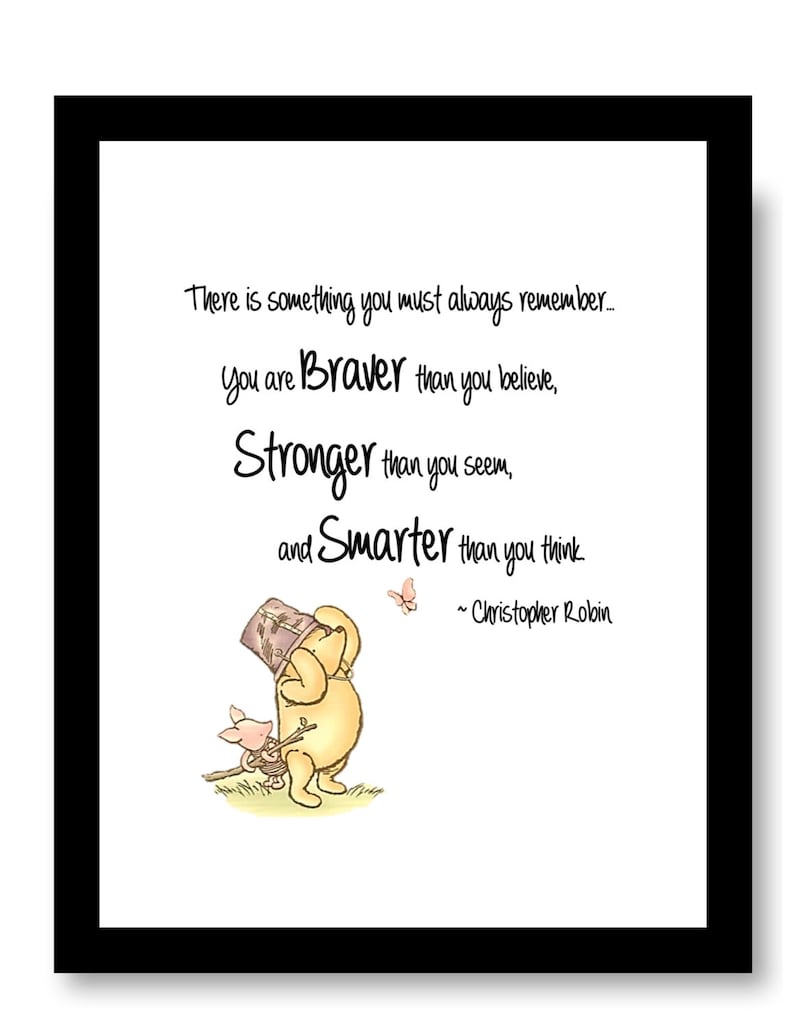What is self-compassion?
Extending kindness and understanding to oneself in instances of perceived inadequacy
Name a common reason people resist being self-compassionate
1. Self improvement, 2. Self-punishment
What does DOSE stand for?
Oxytocin
Serotonin
Endorphin
What is compassionate imagery?
Imagining a safe, comforting figure or place
Name one self-nurturing activity
Example: Journaling, music, rest, warm tea, etc.
True or False: Self-compassion means letting yourself off the hook
False - Self-compassion is not about avoiding responsibility - it's about acknowledging mistakes with kindness and using that awareness to grow. It helps you stay accountable without shame or self-criticism.
True or False: Being kind to yourself makes you weak
False - it builds resilience
What is the reward chemical
Dopamine
The reward and motivation chemical. It's released in response to pleasurable experiences and in anticipation of achieving goals.
Functions:
Contributes to motivation, pleasure, and a sense of accomplishment when goals are met.
Activation:
Achieved through goal setting, completing rewarding activities, and even small successes.
Name a quality your compassionate image might have
Example: Wise, protective, warm, calm, etc.
What can you say when you find yourself judging yourself?
open
What is the soothe system responsible for?
Feelings of calm, safety, connection - helps regulate threat and drive systems
What is one emotion that might block someone from feeling worthy of self-compassion?
Example: Shame, guilt, anger, fear - these emotions can convince us we don't deserve care
Role:
A mood-regulating neurotransmitter, sometimes called the "confidence molecule".
Functions:
Promotes focus, calmness, and emotional stability, and is linked to regulating mood, sleep quality, and digestion.
Activation:
Can be boosted by exercise, being in the sunlight, and other lifestyle changes.
Why is compassionate imagery helpful?
Brings up feelings of support and safety during hard times
True or False: You can only use self-nurturing when you're sad
False - self-nurturing supports everyday well-being
Fill in the blank: "Treat yourself like you would treat a..."
Friend
How can childhood or past experiences create barriers to compassion?
- How might that message impact your self-talk?
Lack of nurturing, shame
- If you grew up with harsh criticism or emotional neglect, you might internalize a critical voice or believe that kindness is weak or undeserved
What chemical is the "LOVE Hormone"
Oxytocin
Functions: Associated with forming social bonds, trust, empathy, and affection. It also has roles in sexual arousal and can help regulate blood pressure.
Activation: Released during acts of kindness, hugging, physical intimacy, and other social connections.
How They Work Together
These "happy hormones" are interconnected and can be activated by similar positive experiences.
They form positive connections between the nervous system and the brain, contributing to overall well-being.
A combination of activities that trigger these chemicals, like exercise and social interaction, can lead to a sustained sense of happiness and well-being.
Reframe this thought: "I messed up again"
Example: "I made a mistake, and I'm learning from it"
What is an example of an opposite action fwhen you catch yourself saying "I am stupid. I made mistakes in my life"?
Human
A good person
Caring
etc....
Why is giving ourselves self compassion hard for you?
open discussion
What is one cultural or societal message that can make practicing self-compassion difficult?
- How might that message impact your self-talk?
Example: "Be tough," "Don't show weakness," "Productivity = worth"
- These messages can lead to internalized self-criticism or emotional suppression
What is the Natural pain relievers that also help reduce stress and create pleasure.
Endorphins
Think of a recent self-critical thought and reframe it with compassion
(Live practice)
What did Christopher Robin say?
